A Recipe for Change
Two West African restaurants were awarded Michelin stars in February, but does fine dining have a diversity problem, asks Ben McCormack.
Embracing Authenticity
It is usually as well to take the pronouncements of actors with a pinch of salt when they are talking about the insights gleaned while pretending to be someone else. But there was more than a grain of truth to what Will Poulter, who plays Copenhagen-based chef Luca in the FX hit The Bear, said last summer. “One of the food cultures that is massively underrepresented at the fine-dining level is food of African origin,” Poulter told Times Radio. “And the best restaurant I’ve been to recently is Akoko in London, and it’s been recently overlooked by Michelin, which I think is a great shame.”
Perhaps someone from Michelin was listening. The following February Akoko, along with fellow London restaurant Chishuru, became the first West African restaurants in the UK to win a Michelin star, and the first outside France. Yet while this is undoubtedly a step in the right direction to celebrate – both London restaurants are helmed by Nigerian-born chefs – only eight Michelin-starred restaurants globally are run by black chefs. Michelin publishes no guides to Africa and the Caribbean. In Brazil, the country with the highest population of African descent outside Africa, none of the 21 restaurants that hold at least one star has a black head chef.
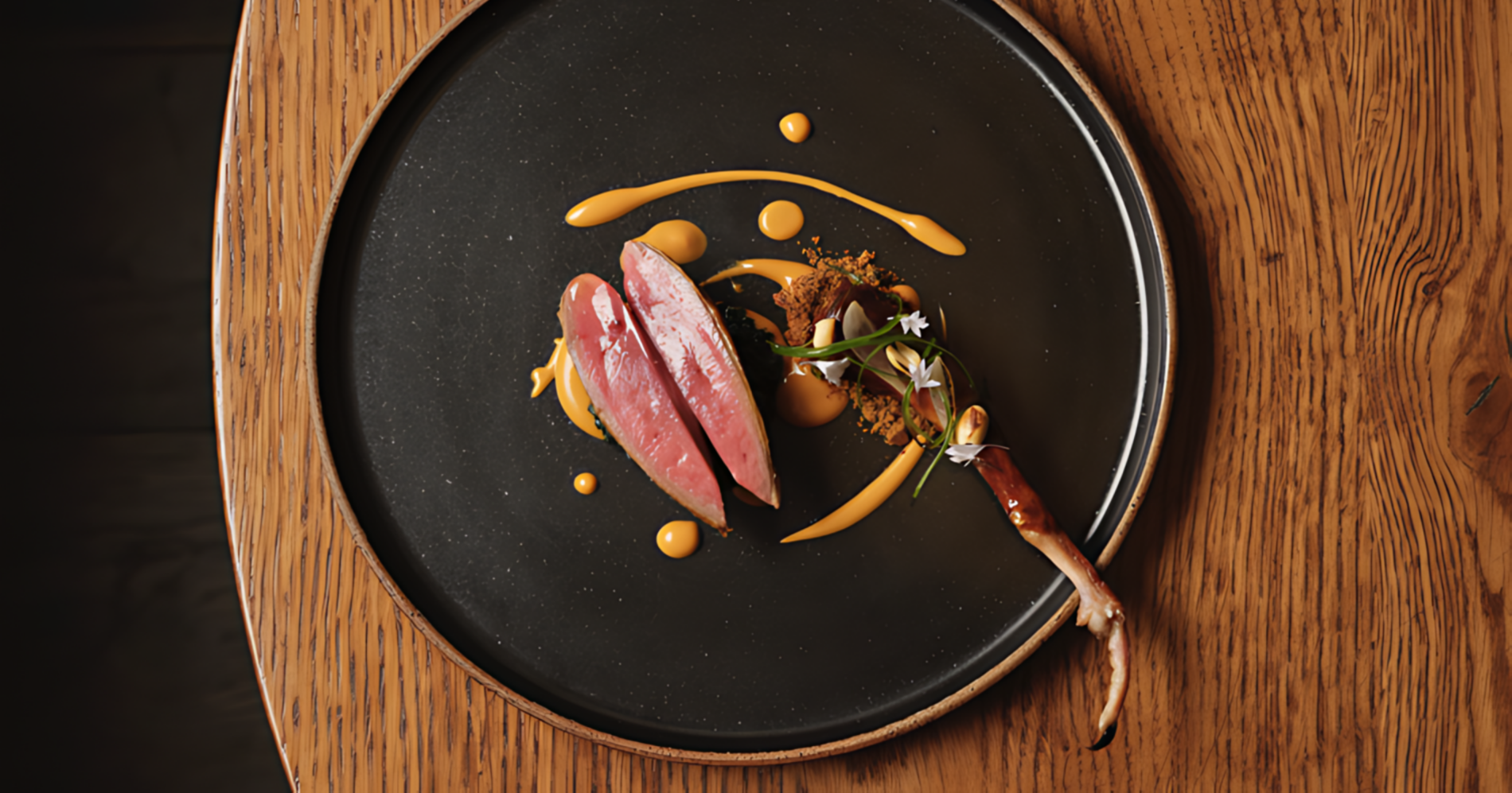
What’s more, the inaugural Michelin Guide to Atlanta, published last October, awarded no stars to black-led restaurants in a city where almost 50 per cent of the population is black. And yet according to data from booking platform OpenTable, West African and other African cuisines were among the top trending cuisines in the USA in 2023 (up 72 per cent and 23 per cent respectively from 2022).
The World’s 50 Best Restaurant Awards fare slightly better on diversity, covering North Africa along with the Middle East for its MENA Top 50, in addition to holding separate awards for restaurants in both Asia and Latin America. But at the unveiling of the World’s 50 Best Restaurants on June 5, all of the top 10 restaurants are helmed by a male chef, half of whom are white Europeans.
“I believe that awards such as Michelin and 50 Best are skewed towards what influencers, foodies, critics, diners, PR and popular culture or trends consider exceptional,” says Aji Akokomi. The founder and culinary director of Akoko has spoken in the past of having to learn British, French and Asian restaurant culture in London as there was no reference point for modern African cooking. “French cuisine has been the focus of attention for a really long time while Japanese is the newest kid on the block because of the plethora of really good chefs and restaurateurs specialising in the cuisine.”

The focus is undoubtedly shifting, however. In July last year British chef Thomas Straker went viral after posting a photo of his all-white, all-male team of cooks, a poor optic that became even more of a bad look when his initial response to the backlash was to ask commentators to “gather CVs of any chefs you think we’re missing from the team.” Yet 18 per cent of UK hospitality workers can now be called diverse, according to Lorraine Copes, who in 2022 launched the Be Inclusive Hospitality (BIH) Spotlight Awards to actively champion diverse talent across all areas of the hospitality industry.
Copes has 20 years’ experience of leading procurement teams for leading hospitality businesses such as Gordon Ramsay Restaurants. She founded BIH because she was disappointed at the lack of ethnically diverse founders and employees in positions of influence in the hospitality industry.
“Award ceremonies such as the BIH Spotlight Awards aim to amplify the visibility of ethnically diverse talent,” Copes says. “PR and marketing contribute to success, and we seek to bring due attention to exceptional talent within our industry.” Nor is BIH alone. The inaugural AFCAF Awards for African and Caribbean food were held at Wembley in 2023, while the seventh annual Black Women in Food Awards took place in Washington, D.C. in March.
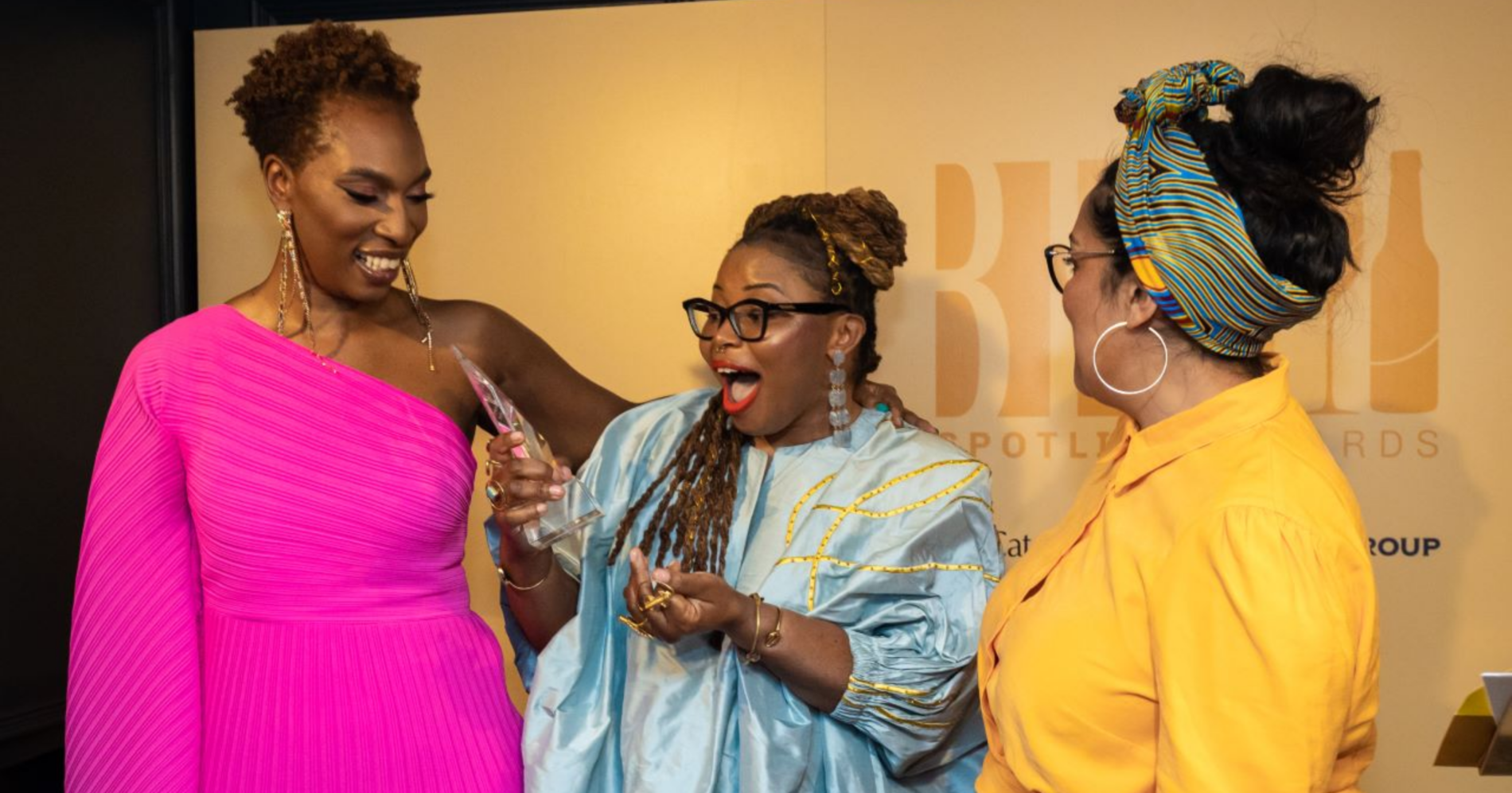
But, Copes admits, PR and marketing is not enough. “Something not often discussed is the amount of capital required to open and sustain a successful restaurant,” she says. “Most have third-party investment, and in 2022 it was found that black founders in the UK receive one per cent of VC funding. It’s no coincidence that Chishuru did a crowdfund, and Aji Akokomi invested his own money into opening his first restaurant. Add to this the fact that our cuisines are not as widely explored, understood or respected and there are very high barriers to entering hospitality.”
Chishuru partners Adejoké Bakare and Matt Paice were turned down by three landlords when trying to move their restaurant from Brixton, south London, to the West End of the capital; Copes says that its Michelin star will prove to investors that “Chishuru and Akoko are examples that our food is not only delicious but also has mass appeal”.
Bakare is only the second black female chef ever to win a Michelin star. Yet, she says, the star creates its own set of expectations around her cooking. “The Michelin star has given us some cachet and has made many more people curious about the cuisine now it’s got that recognition. We do still have people visiting us assuming that we’ll follow all the traditions of fine dining – serving a bread course, for example, or not playing music in the restaurant. We’ve had to put a line on the website saying ‘Chishuru is not a fine-dining restaurant’”.
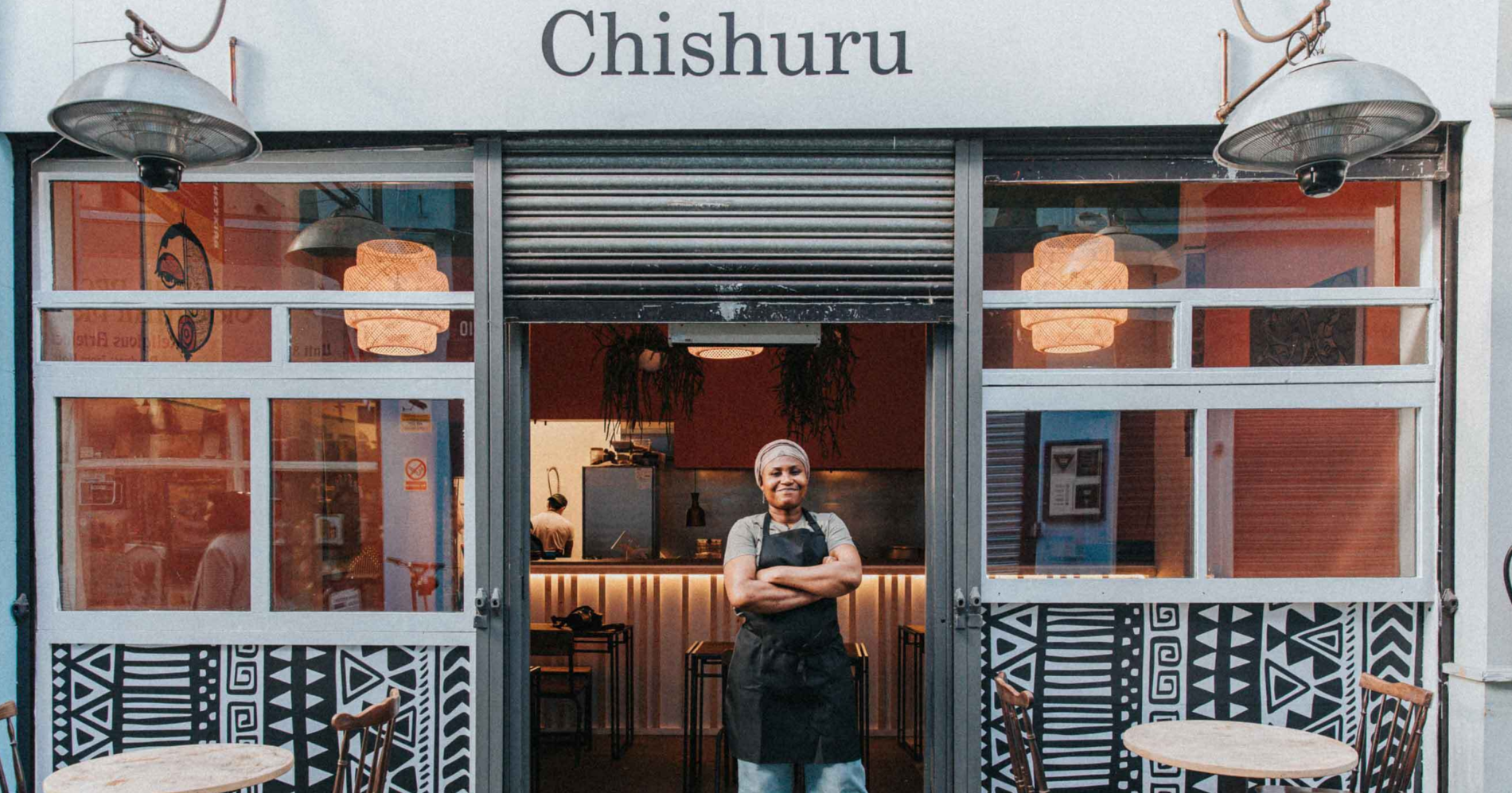
Might the day soon come when Michelin acknowledges fine-dining in Africa itself? Chef Dieuveil Malonga was born in Congo-Brazzaville where he was raised by his grandmother, who owed a restaurant. He spent his teenage years in Germany training in Michelin-starred kitchens. In 2020 he opened his own restaurant, Meza Malonga, in the Rwandan capital of Kigali.
It serves a multi-course dinner of tweezered, fine-dining finesse served by the chefs in a dining room-cum-laboratory. For four months of the year, Malonga closes the restaurant so he and his team can travel the African continent in search of new flavours and inspiration.
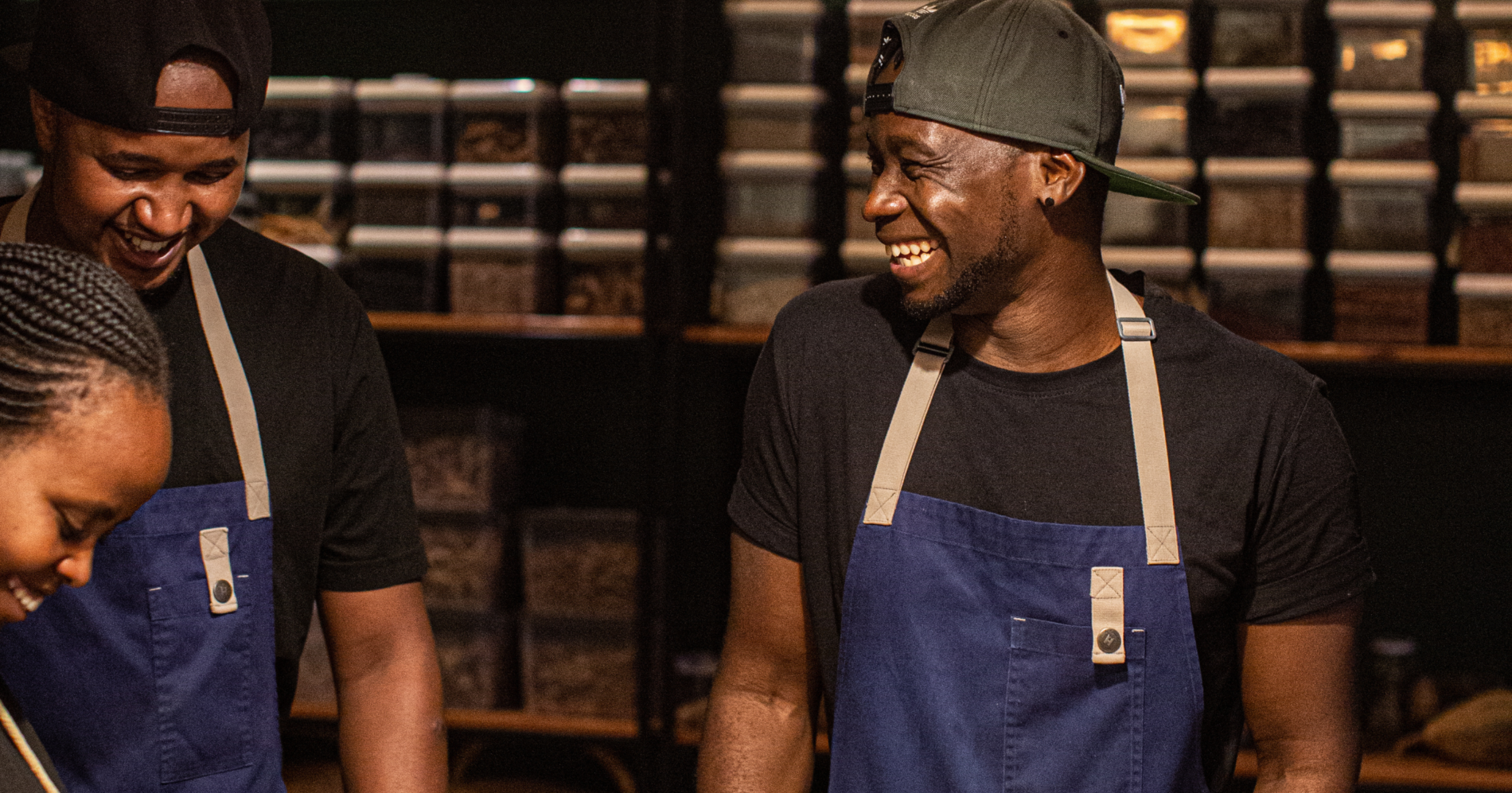
Much of what ends up on the menu comes from a wall of seeds, spices and fruits stored in glass jars: baobab from Tanzania or the Cameroon peppercorns which Malonga says are the finest on the continent. Meza Malonga might just be the best restaurant in Africa but the chef claims he is less interested in awards than teaching and training his staff; in 2016, he founded Chefs in Africa, a platform to shed light on African Gastronomy and promote young chefs.
For the time being, however, awards do matter. “There are a lot of issues with Michelin and things like World’s 50 Best but I do think that they are important markers,” says Jimi Famurewa, the British-Nigerian chief restaurant critic of the London Evening Standard, who believes it is part of his job to shine a light on cuisines that are often ignored. “A lot of West African cuisine hasn’t been codified in the same way as French or Japanese, which have been revered for their complexity and sophistication. To have a body like Michelin say that West African cuisine is of equal stature is huge.”
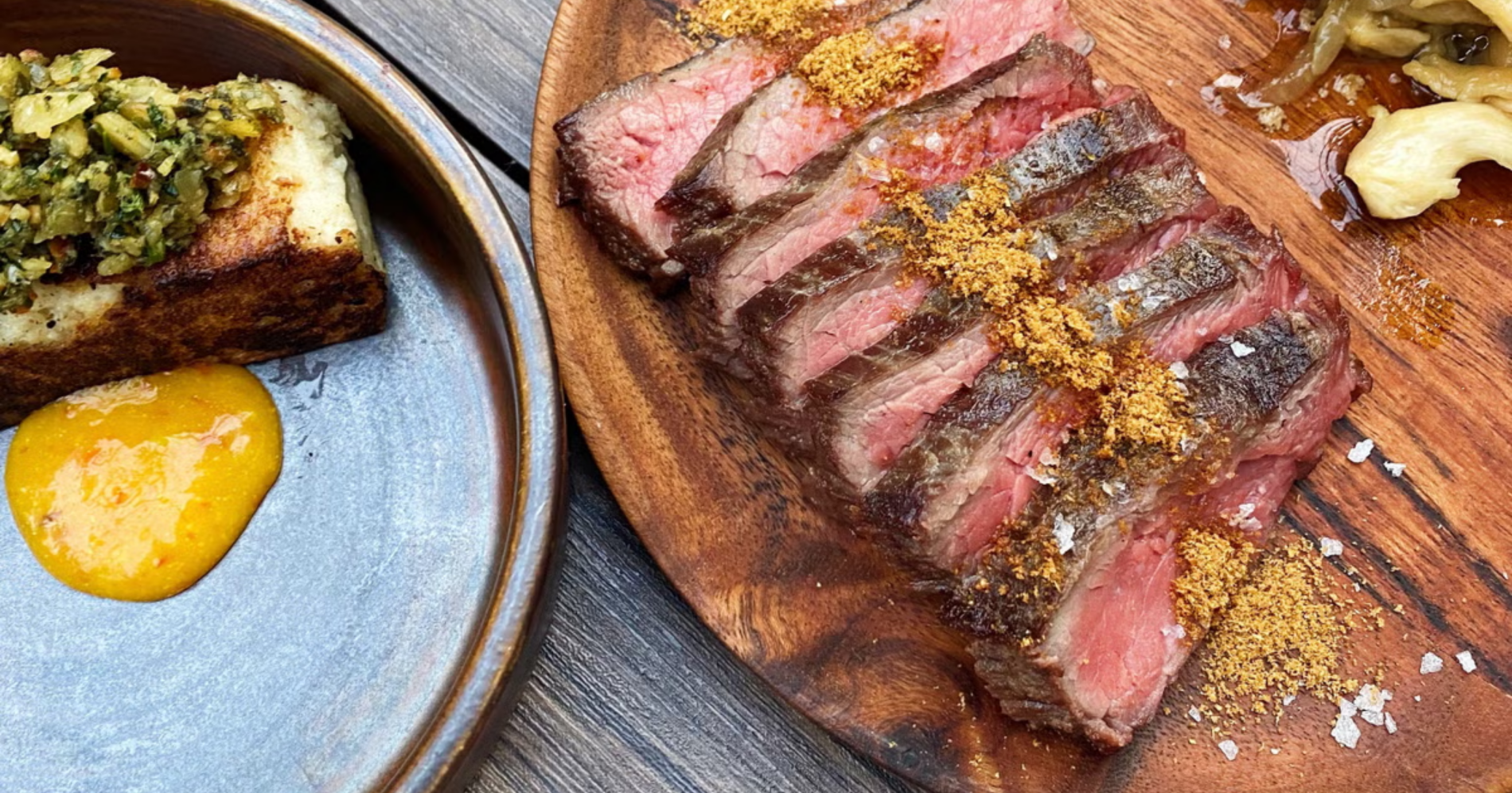
Bakare says that her Michelin star will encourage more people with West African heritage to become chefs or restaurateurs. “We’ve seen more interest from young chefs, thinking they can be more authentically themselves,” she says. “They don’t think they have to follow French fine dining traditions to be accepted.”
Her tone of optimism is echoed by Copes. “I want to emphasise that through founding Be Inclusive Hospitality, we have discovered hundreds of highly talented black hospitality professionals. I would encourage the industry to explore and discover this amazing talent. The sector stands to benefit only through being truly inclusive.”
Ben McCormack is a London-based journalist who writes about restaurants, food and drink for publications including the Daily Telegraph, Evening Standard and Wallpaper*. Follow him on Instagram at @mrbenmccormack
Continue reading

